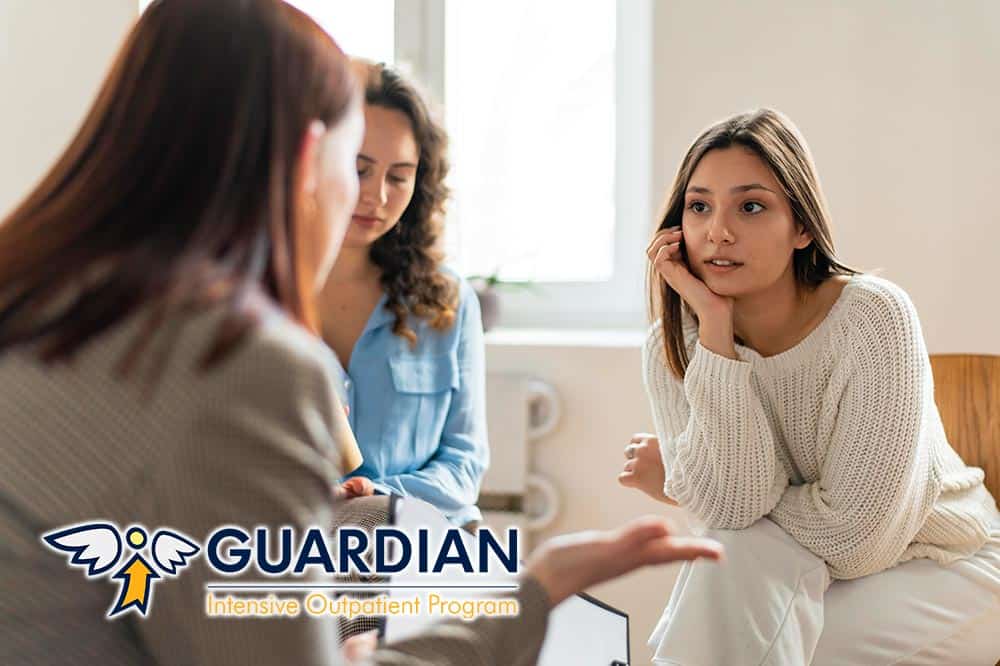Volunteering is one of the most rewarding things that you can do in recovery. If you think about the fellowship of Alcoholics Anonymous (AA) or Narcotics Anonymous (NA), it is about giving back. People who are shown how to live a life in addiction recovery, must do what they can to help others who are new. Paying it forward, if you will. It is often said that you can’t keep your recovery unless you are willing to give it away. A statement which could not be further from the truth.
People who go to recovery meetings are not just there to share, listen and then return home. That is a part of the program, but meetings are about so much more. It is about forming life long bonds with others who have been touched by this most pernicious mental illness. It’s about being a part of something much greater than yourself, a fellowship. A novel concept to most people new to the program after years in the wilder-land of addiction.
If you have been in the program for a time, then you know the looks on a “newcomers” face. That look when you approach them unsolicited. A distrust, so to speak. You can almost see the gears in their eyes grinding as they try to determine your angle. They struggle to understand why you would want to help a perfect stranger stay clean or sober. Unable to see in the early stages of recovery that helping them helps you. Those who stick around come to see that the enterprise of recovery is built on a solid foundation of fellowship. The only ends being long term recovery and a life of purpose.
Newcomers In Recovery, Let Go
Those of you fresh out of treatment, or currently taking part in an addiction treatment program will learn a lot. Inside treatment, and out. It may be a while before you can muster the courage to trust others recovering from addiction. Trusting people whose histories are as sordid as your own. While addiction is never cured, those in recovery are but a faint glimpse of who they once were. At times prone to old behavior, but by and by recovering addicts become some of the most trustworthy of people.
If you find yourself at a meeting where someone extends their hand to you, please accept their motives as honest. They would not be introducing him or herself to you if they did not want to help. Conversely, if someone’s share speaks to you then make a point of walking up to them after the meeting. It is not only courageous, it lets others know that you are serious about recovery.
People at meetings who do not engage with their peers miss out on the salient aspects of the program. Aside from 12 Step work and sharing, the thing that helps you stay the course is connection. A bond to both your “higher power” and the recovery community. If you have reservations about the value of this, let go. It can be easy to hold back because you don’t understand something. It is quite common for newcomers to search for answers to why This all works. How people can put down drugs and alcohol, never to pick them up again. But, you would be wise give up such a quest, it will only end in folly. It doesn’t matter why it works, what matters is that is does work. And how you make it work is following the lead of those who came before you.
Ready for Addiction Recovery
Are you still using drugs and alcohol? Has your life become unmanageable? Are you ready to break the cycle of addiction? If so, Guardian IOP can help you find the miracles of addiction recovery. It is hard work, but the rewards of recovery far outweigh the alternative. Please reach out to us today.
At Guardian IOP our thoughts and prayers are with the families who lost loved ones to Hurricane Harvey. We hope that everyone who has been touched by the storm will know peace and comfort soon. For those in recovery, we hope that you are able to maintain your spiritual togetherness, despite this misfortune.

Reviewed for accuracy by:
Anna Marie Barrett LCSW, CYT
Anna earned her Masters of Social Work at Barry University in Miami, FL in 2017 and completed her internship in co-occurring disorders. Anna has a Bachelors of Art in Religious Studies from Naropa University and is a certified yoga and meditation instructor. Anna has received specialized training in somatic counseling with an emphasis on body-centered psychotherapy.




















